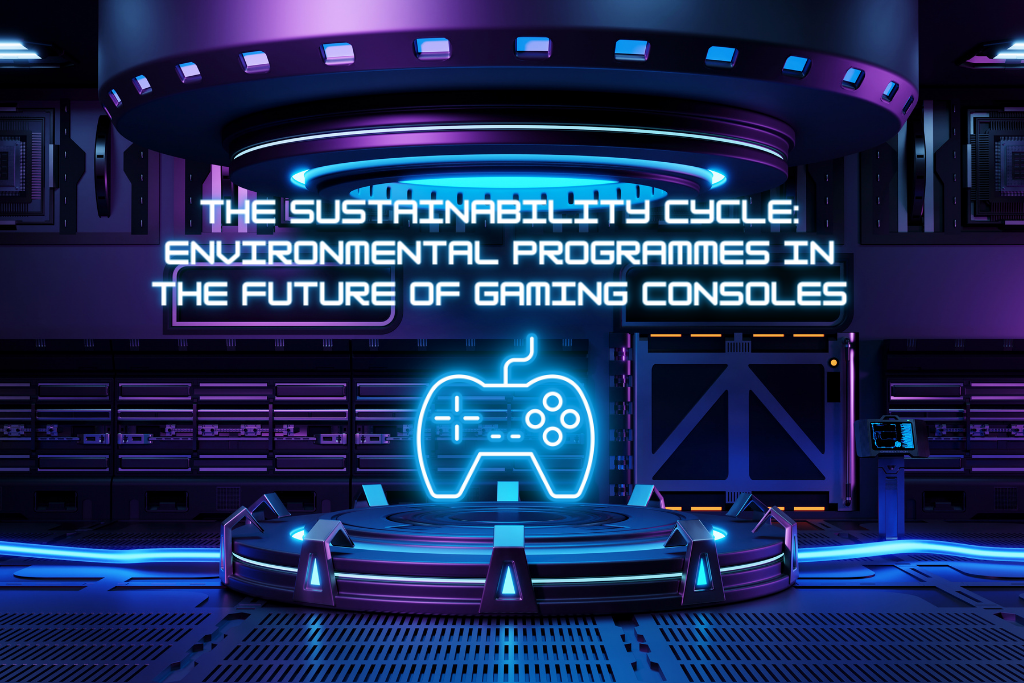
With advancing technological developments, the gaming industry has also witnessed evolution with gaming consoles becoming more advanced and futuristic. While these developments have enhanced the gaming experience, the impact on the environment in developing these is a matter of grave concern. As we move towards the future, sustainability is becoming increasingly critical in designing and implementing the functionality of gaming consoles. It is therefore crucial to follow the sustainability cycle which involves innovation, environmental responsibility, and community engagement. This represents a meaningful change in how gaming companies approach development, manufacturing, and usage. Many retailers have adopted this initiative and are now accepting unwanted or damaged electronic devices. Whether an irreparable iPhone or a Samsung phone or any other device, they are collected for recycling. GeniusCPR is one such store with the Genius Giveback E-Recycling program.
Sustainability Initiative in the Gaming Industry
Eco-Friendly Materials and Design: The prime focus of the sustainability cycle in creating gaming consoles is the design and materials used. Energy-efficient components and environmentally friendly materials are becoming increasingly popular with manufacturers. This includes the use of recycled polymers, environmentally friendly packaging, and processors. Design decisions that extend the life of consoles and make them simpler to maintain, repair, and update is also increasingly important.
Optimizing energy efficiency: Advanced power management features such as low-power modes and improved cooling systems are the next step towards promoting a sustainable cycle. Considering renewable energy sources like solar or wind power can also reduce the carbon footprint.
Refurbishment of devices: Game consoles manufacturers are progressively implementing circular economy principles to reduce technological waste and promote sustainability. This includes reducing hazardous materials use, designing consoles for simple disassembly and recycling, and returning outdated devices for refurbishing. The gaming business may drastically lessen its influence on the environment by keeping its products in use for extended periods of time. Many stores such as GeniusCPR are now selling refurbished devices in an effort to do their bit towards sustainability.
Environmental Partnerships: Gaming console manufacturers can collaborate with environmental groups and be involved in funding carbon offset programs as part of their commitment to sustainability. This enables them to counteract the carbon emissions brought on by their business activities. Reforestation initiatives or encouraging renewable energy sources may be used to offset a particular amount of carbon for each console sold.
Conclusion
Everyone is responsible for working towards sustainability to protect the planet. The sustainability cycle is crucial for reducing environmental damage from increasing. Embracing sustainability in the manufacture of gaming consoles not only lessens environmental impact but also serves as an example for other technology industries, proving that innovation and sustainability can coexist. The Sustainability Cycle is directing the development of gaming consoles to give engaging gaming experiences while reducing their environmental impact.

